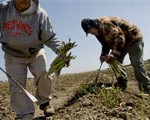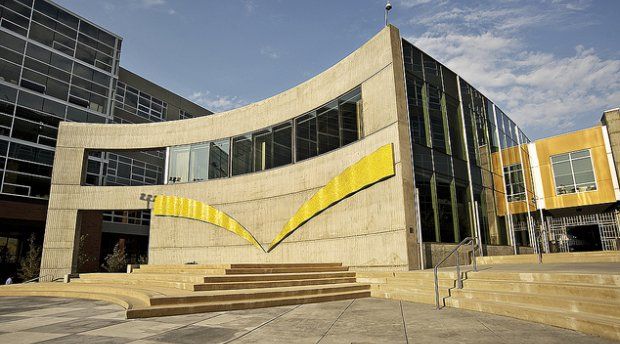Potential Agricultural Disaster: Reaction by Community
Post Views 0It’s not uncommon to see a person younger than 18 working. However, in the Newell High School area, there is concern that the new nonagricultural regulation that prohibits the employment of a worker younger than 18, could mean trouble. “It will definitely hurt the ag economy,” said Severson who is the Ag teacher at the high school, according to the Rapid City Journal.
“This is so interesting. Absolutely nuts, I want my kids to go work for my brothers when they get a little older. We worked very hard as kids on our parents’ ranch and my brothers worked us plenty. It was the best thing ever. We stayed out of trouble and now I know how to work.” States Sally Crowser who is a teacher and grew up on a ranch. She grew up working on a farm and knows first-hand what is needed and what it teachers the young people in her community. There is so much to learn when you work on a farm and it can show the value of life as well.
Basically, the Department of Labor has introduced a new regulation that proposes to revise certain regulations dealing with child labor laws on farms and other agricultural lands. Right now, youth as young as 14 and 15 work on farms and so forth but with this new regulation all of that could change. There are a few exemptions for young children working on the farm. One of those exceptions is that youth can work on a parent’s farm.
“I feel that without the ability and accountability that go along with work such as this, children will not have a sense of accountability or responsibility,” said Danelle Mutchler, whose children work alongside all the others the parents. “We depend on the help of kids to make the operation work. Without that, doing business would be virtually impossible. On farms and ranches it already takes one person ‘working in town’ to make a go of it,” she said. “That means children (are) depended on to keep the business strong.”
All in all, it’s important to the community to allow youth to continue to work on farms. Many of the family members and friends depend on the youth to help out. If something like this is changed, then it means that running a farm will become very costly. The 4-H program is also something that is at risk. The program teaches youth a lot about work ethics and overall responsibility. “According to the way I understand this, the kids couldn’t even work with the livestock,” said Marrs. Mrs. Marrs has children who are involved in 4-H and she sees it as a very beneficial program.
Youth are also concerned about the new law because that would mean they also have no chance of earning an income before the age of 18. Most of the work that is available out here is because of framing and agricultural opportunities.
Potential Agricultural Disaster: Reaction by Community by Harrison Barnes



 2006-2015 Median Weekly Earnings of Full-Time Workers in the United States
2006-2015 Median Weekly Earnings of Full-Time Workers in the United States  Atlanta’s Top Telecom, Cell Phone, and Electronics Manufacturers
Atlanta’s Top Telecom, Cell Phone, and Electronics Manufacturers  Build Your Personal Brand Before Transitioning to a New Job
Build Your Personal Brand Before Transitioning to a New Job  Chicago’s Top Tech Companies
Chicago’s Top Tech Companies  Amazon May Have a Better Grasp on Workplace Culture
Amazon May Have a Better Grasp on Workplace Culture  November Posts Another Strong Job Report
November Posts Another Strong Job Report